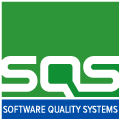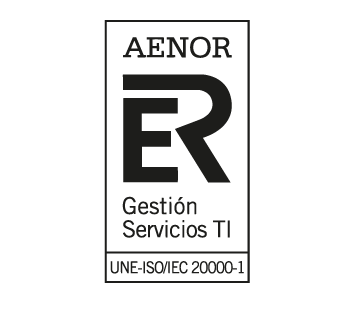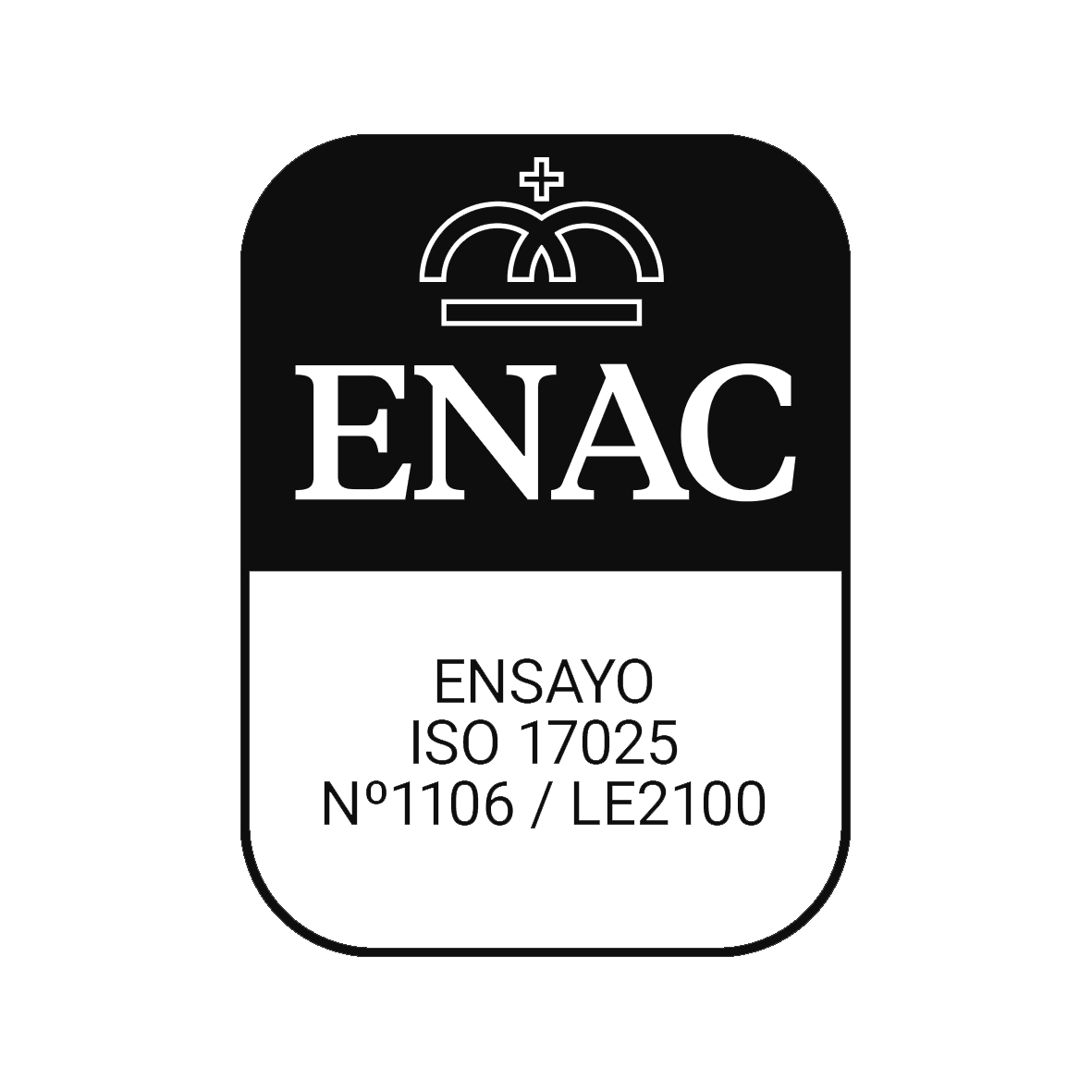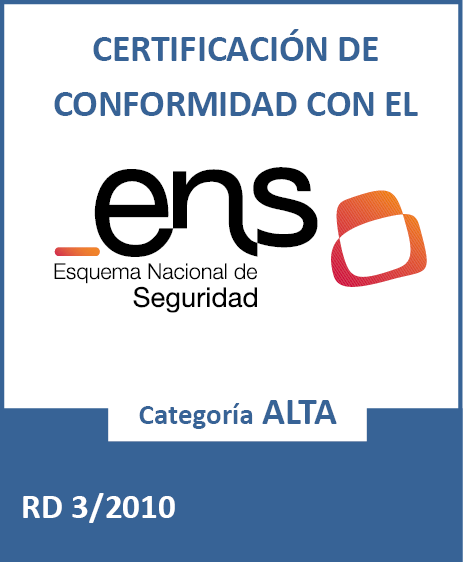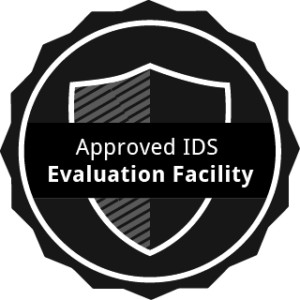Railway Software Process Assessment and Optimization
Diagnosis, evaluation and continuous improvement of critical software processes under the highest international standards.
The railway industry has undergone a profound transformation driven by digitalisation, automation and market liberalisation.
In this context, railway software process assessment and optimization are key to ensuring safety, efficiency and regulatory compliance in system development.
SQS specialises in the diagnosis and evaluation of software development processes, ensuring compliance with the international standards required to operate in safety-critical environments such as the railway sector.

Diagnostics and Assessments
SQS assessments can cover the entire software development lifecycle or focus on specific process areas.
These evaluations identify strengths and areas for improvement, enhancing quality, traceability and reliability in railway systems.

Regulations and Standards
SQS integrates internationally recognised standards and frameworks into its consultancy approach, defining and implementing improvement methods and tools aligned with:
-
CENELEC / IEC 61508: Functional safety of electrical, electronic and programmable systems.
-
ISO 9001:2015: Quality management systems.
-
ISO 14001:2015: Environmental management.
-
UNE-ISO/IEC 20000-1:2018: IT service management.
-
ISO/IEC 27001:2013: Information security management.
-
UNE-EN ISO/IEC 17025:2017: Laboratory competence.
-
ENS (National Security Framework): Medium and high-level compliance.
These standards ensure that software systems are safe, efficient and compliant to operate within the railway domain.
Improvement Proposals
The outcome of each assessment includes a detailed report highlighting strengths and weaknesses, along with a customised improvement plan.
This roadmap helps organisations adopt best practices, agile methodologies and advanced technologies to achieve measurable process improvements.
Clients and Sectors
SQS collaborates with:
-
Manufacturers of railway systems, equipment and components.
-
Providers of signalling, control and communication solutions.
-
Operators, infrastructure managers and railway authorities.
-
Public administrations and certification bodies.
Our expertise also extends to sectors such as telecommunications, healthcare, medical devices and pharmaceuticals, enabling cross-industry transfer of best practices.
Impact on the Railway Sector
Process optimization directly contributes to the safety, reliability and efficiency of railway services.
Through continuous improvement in software development, companies can reduce risk, minimise failures and deliver a safer and higher-quality user experience.
SIL (Safety Integrity Level)
The Safety Integrity Level (SIL) measures the effectiveness of safety functions in industrial systems — ranging from SIL 1 to SIL 4, with SIL 4 representing the highest integrity level.
In the railway sector, SIL levels are applied to:
-
Signalling systems (SIL 3 or SIL 4).
-
Automatic train control systems.
-
Emergency braking and protection systems.
SIL assessment requires comprehensive risk analysis (HAZOP), testing, validation and audits in accordance with IEC 61508 and CENELEC EN 50129.
Conclusion
Railway software process assessment and optimization are essential for maintaining quality, safety and reliability in critical systems.
With its deep experience and certifications, SQS supports organisations in achieving excellence through diagnosis, validation and continuous improvement aligned with international standards.
Contact an expert
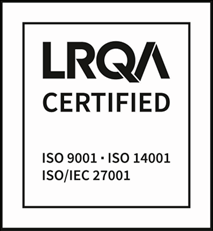
UNE-ISO/IEC 20000-1
UNE-EN ISO/IEC 17025
ENS-nivel alto
Approved IDS Evaluation Facility
Subscribe to our newsletter
Follow us
Disclaimer | Cookies Policy | Contact
© 2026 Software Quality Systems S.A. | SQS is a member company of Innovalia
